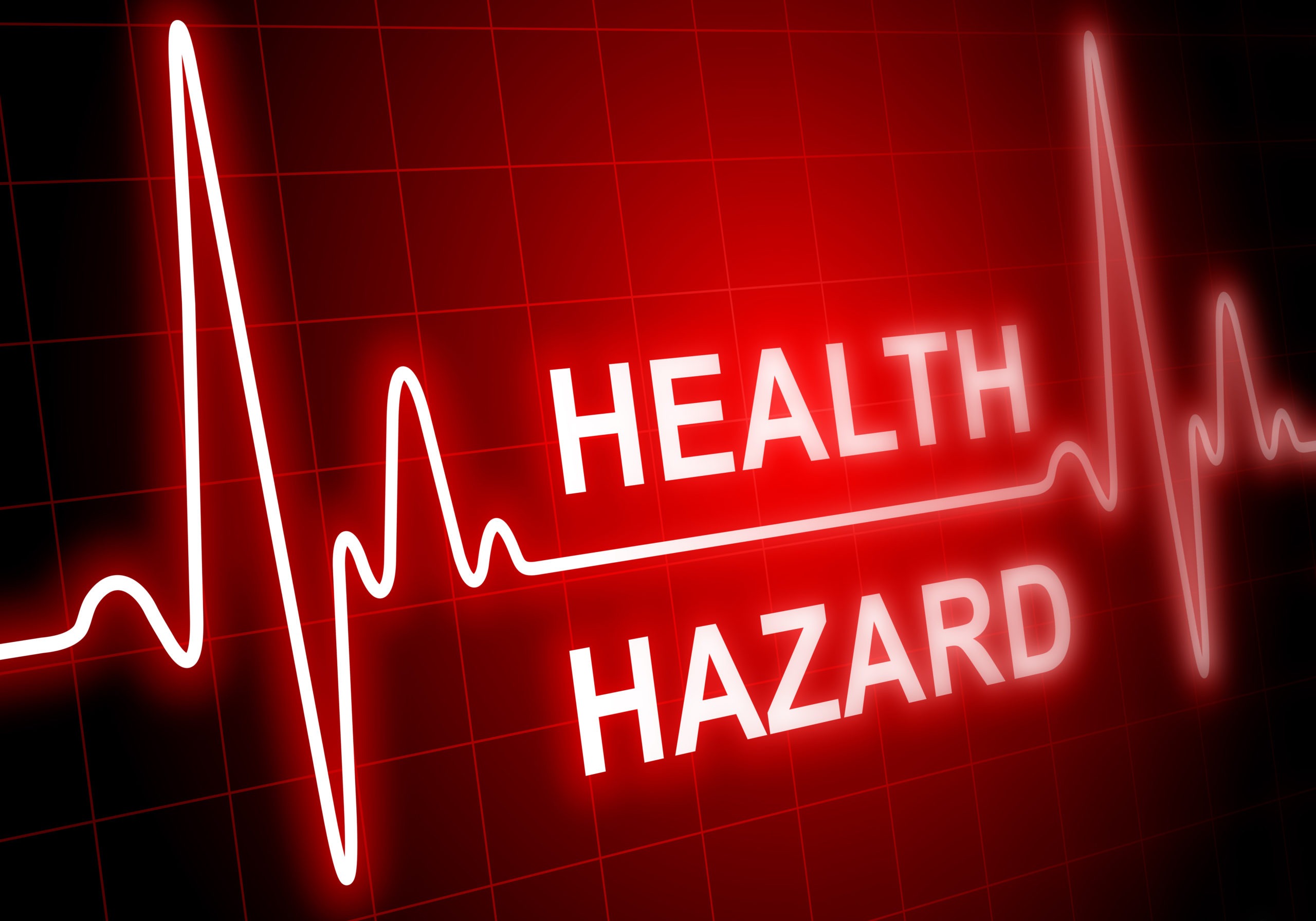Impaired Driving and Its Effects on Teenagers
Impaired driving is a huge issue in every state at this time. In fact, in 2014 alone, close to 10,000 people were killed in alcohol-related driving crashes. This accounted for 31% of all traffic-related deaths in the United States! Now that you understand how big the problem is, the question is: How do we stop it? The truth is, injuries and deaths stemming from impaired driving are completely preventable. Here are some of the preventative measures that are taken throughout the states:
- Actively enforcing BAC laws
- Zero tolerance laws for all those younger than 21
- Requiring ignition interlocks for all offenders
- Using sobriety checkpoints
- Requiring substance abuse assessment for offenders
- Continuing research
Of course, there are many steps that individuals can take on their own to prevent these accidents. Adults must remember important steps like designating a non-drinking driver and call a cab when necessary. However, the rules are a lot different when we’re talking about those who are under 21, the legal drinking age. In this case, these young adults must not be drinking to begin with. So what happens when a young driver is caught drinking? What do the laws say about teenagers and young adults who drink?
The truth is, the standards are different for those who are 21. In many states, those who are found to have any amount of alcohol in their system, even if it is below the legal amount, will still be charged. This is because it is illegal for those under 21 to be drinking. Many states have adopted harsh underage DUI laws, which you can gain a better understanding of right now.
The Importance of Zero Tolerance Laws
If you are under age 21, you cannot legally possess or purchase alcohol in any state. Zero-tolerance laws step in as a way to charge drivers under 21 who drive with even a small amount of alcohol in their system. This can range anywhere from 0.00 to 0.02 depending on the state. Many people have asked over the years why these laws exist and what they do to combat impaired driving. Truthfully, the statistics tell it all. Nearly one-third of all deaths of 15- to 20-year-olds are the result of a motor vehicle crash, many of which involve alcohol. When research was done on the states with zero-tolerance laws, they found a 20% decline in fatal single-car nighttime crashes with drivers who were under 21.
These laws came to be when The National Highway Systems Designation Act of 1995 mandated that states consider a 0.02 percent BAC for drivers under the age of 21 if they wanted to qualify for Federal highway funds. With these laws, law enforcement does not have to prove intoxication as long as a driver is above the stated limit. It is strictly forbidden to be under 21 and drinking, especially when driving. Many states believe that teenagers and other young adults must remember the implications of driving drunk and what it can do to their future, such as employer background checks and car insurance coverage. Not only this, but consider your own livelihood and the livelihood of others who you share the highway with. Call an attorney today for more information about a possible case.


















